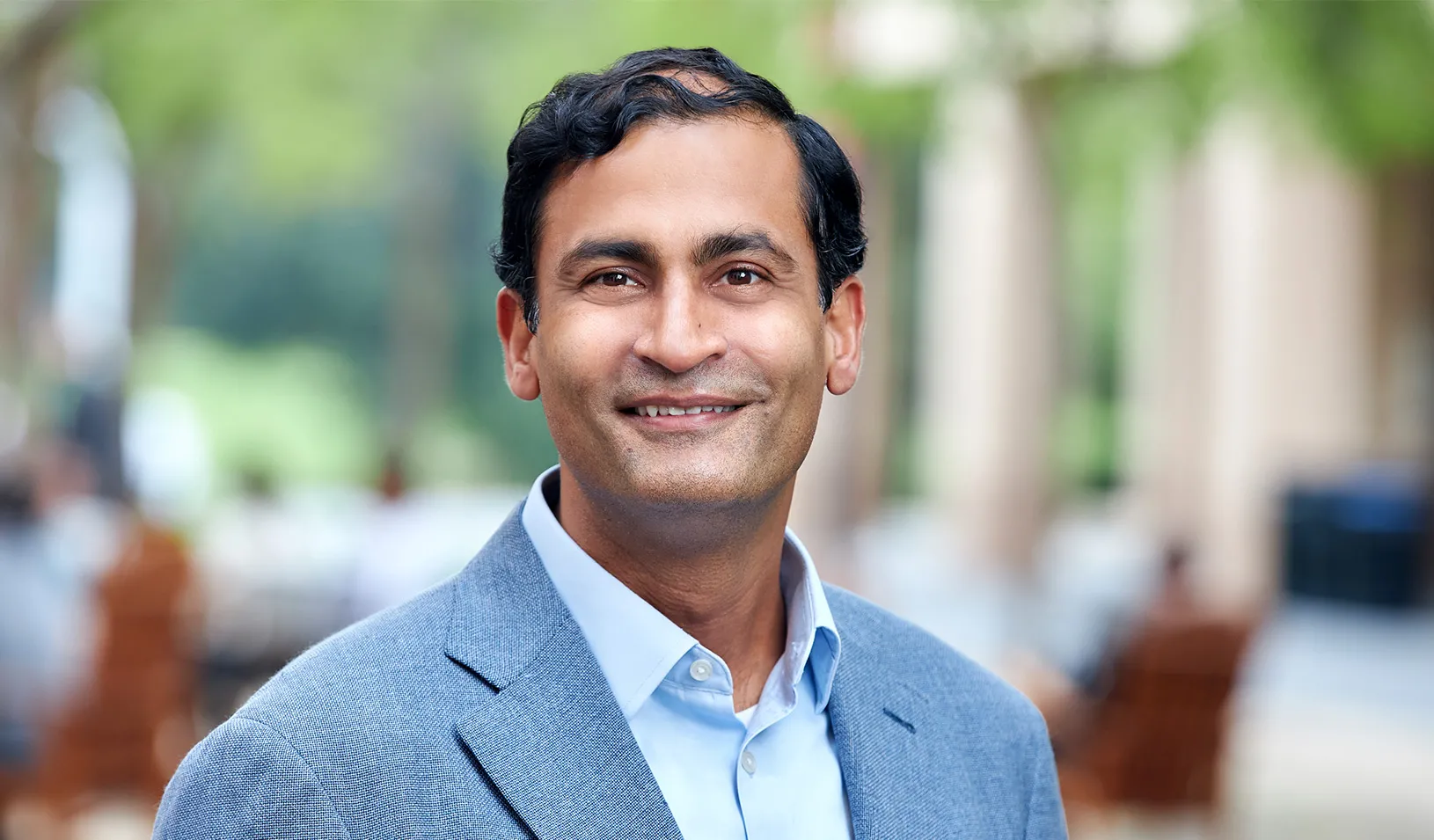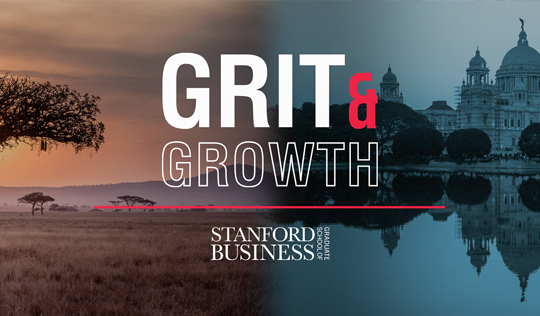Navigating political conflict in companies or even countries requires more than just understanding how power works — it involves developing strategies to build influence, mobilize resources, and effectively manage disagreement. In this video, Saumitra Jha, an associate professor of political economy at Stanford Graduate School of Business, shares five principles for leaders and individuals looking to leverage power, build cooperation, and navigate complex political landscapes.
Here are Jha’s key takeaways from his course Managing Politically Conflictual Environments.
Full Transcript
Note: Transcripts are generated by machine and lightly edited by humans. They may contain errors.
Saumitra Jha: Hello, my name is Saumitra Jha and I’m a professor in the Political Economy Group at the Stanford Graduate School of Business. I teach a course on managing politically conflictual environments in which I draw heavily on my book project with Stephen Wilkinson on Leaders in Conflict.
Having agency, the ability to make a change and choices that have an impact really requires a concrete source of monopoly power. If everyone can do what we can, then our own choices as individuals are going to make very little difference. So having agency to change politics really requires being able to make choices that only we or a few others can make. Much of the time in much of the world, such monopoly power is going to be in the hands of the usual suspects, those with very disparate wealth or political rights. So they tend to be traditional elites. For example, the reason why Henry VIII can change British history is because his dad was Henry VII, and so he was able to change the religion of the country that he used to rule. However, this idea of monopoly power can really allow us to reconcile some of the deep questions and debates in history and political economics, between those who emphasize deep economic and political forces that drive things versus those who emphasize the role of individual actions and choices.
When do the average Joe’s and Josephine’s have a chance at having agency that can really shape politics? There are three key sources of monopoly power for non-elite groups. The first is private organizational capacity. The second is networks and heroic credentials. And the third, perhaps important for us as academics, is the role of ideas. So the first key source of monopoly power is the development of private organizational skills. Remarkably, the organizations are everywhere around us, very few people have the ability to form them and create them. Though oftentimes in history, a key setting where the non-elites have learned how to do this is in the aftermath of war. Moments when elites have little option but to allow people to learn how to fight and organize are often environments when they, these non-elites, can come home and really reshape politics by learning how to organize outside the existing political system. Some examples include veterans who organized for democracy in England after the Napoleonic Wars and racial justice in the US after World War II. Also for communism in Russia, also after World War I, and for right-wing extremism in Germany and Italy in that same war.
What happens when everyone has learned how to fight and organize, when the private organizational skills are widely available, which often happens in the aftermath of mass mobilization for war? In this case, the risk of large-scale civil conflict becomes even greater, and organizational skills cease to be a source of monopoly power. So the people who have agency and influence then are going to be those that these people trust. So those who have developed heroic credentials, who exemplary sacrifice, or those that have been able to bridge different disparate groups by being network entrepreneurs, oftentimes heroes themselves, built heroic networks, therefore are able to influence history. Examples of those who’ve had such an impact include would-be authoritarians such as Philippe Pétain in France, but also Giuseppe Garibaldi, Joshua Lawrence Chamberlain, hero of Gettysburg, and Washington himself were able to bolster democracy in the United States. The specific shape and nature of the network really determines who has monopoly power and therefore the agency to make a difference.
The third key source of monopoly power is that of ideas. We can show that both historically and in contemporary field experiments, novel ideas, particularly those that leverage robust intergroup complementarities that allow conflictual groups to share in the gains from trade or financial innovations that allow conflictual groups to credibly share in the gains from peace, have allowed non-elites to have disproportionate impact on shaping the political trajectories of their times. Learning from these non-elite technocratic reformers, like Alexander Hamilton and others, we’ve been able to implement contemporary field experiments that have allowed us to test and show that individuals can be better positioned to manage their own political risks, rebuild trust in one another and democratic institutions, and rebuild support for peace. From tribal India to Brexit Britain, the Israel-Palestine conflict to rural Mexico, we discuss how new research building on the lessons of the past has yielded promising and scalable paths to rebuilding peace and renewing faith in democracy even in context of persistent conflict, high corruption, and democratic backsliding.
I always thought I’d be some kind of researcher. I actually thought I might be a rocket scientist. I think the best advice I can have is read broadly and keep an open mind and you’ll never know where life will take you.
For media inquiries, visit the Newsroom.






